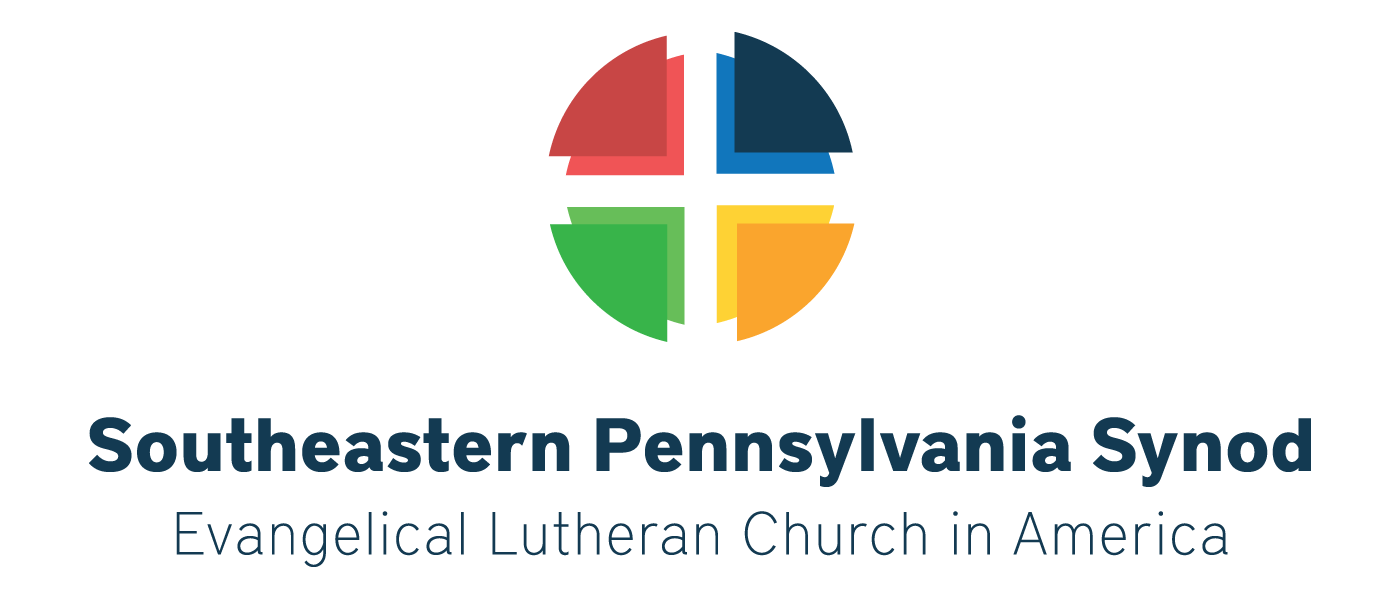April 6, 2020 in Congregations, ELCA, Public Health
NewPaycheck Protection Program FAQ

Updated FAQ from the ELCA
Download: FAQ on PPP Loans
- Are churches eligible? Yes. There is some misinformation out there, and some lenders are confused, but churches are eligible.
- Where do we apply for Paycheck Protection Act (forgivable) loans? At a Small Business Administration-approved lender, which includes most financial institutions.
- What does the application entail? See here: https://www.sba.gov/sites/default/files/2020-03/Borrower%20Paycheck%20Protection%20Program%20Application.pdf
- What is the application period for Paycheck Protection Plan loans/grants? The application window opened April 3, 2020, and will stay open until at least June 30, but because the pool of money is limited and will be distributed on a first-come, first-served basis, applicants should start soon.
- How much can we borrow? As a general rule, up to 2.5 times your average monthly payroll costs.
- What is included in “payroll costs”? See here: https://www.uschamberfoundation.org/sites/default/files/C3_COVID_EmergencyLoanGuide.pdf
- How can the loan proceeds be used? Loan proceeds may be used to cover payroll costs, excluding the prorated portion of any compensation above $100,000 per year for any person; mortgage interest and rent payments; utility bills; and interest on debt that existed as of Feb. 15, 2020.
- What is the interest rate on the loan? One percent (1.00%) per year.
- How is the loan forgiven? The loan can be forgiven to the extent that the proceeds have beenused to cover the following costs incurred and payments made during the eight-week period after the loan is made: payroll costs, excluding the prorated portion of any person’s compensation above $100,000 per year; mortgage interest (but not prepayments or principal payments) and rent payments on mortgages and leases in existence before Feb. 15, 2020; and certain utilities — including electricity, gas, water, transportation, and phone and Internet access — that began before Feb. 15, 2020. At least 75% of the loan must be used for payroll costs.
- How long do we have to spend the money in order to get forgiveness? Eight (8) weeks from the date the loan was made. You cannot sit on funds or use them to build reserves.
- What happens if we reduce staff or compensation? The loan forgiveness will be reduced or eliminated.
- Do we have to submit to an audit to qualify for loan forgiveness? Not likely. However, you will have to document, through payroll records, canceled checks, etc., that you spent the money as allowed within the eight-week period.
- The application asks about ownership; who is the owner of the congregation/synod? NO ONE. The space on the application for declaring ownership of 20% or more of the entity does not apply to congregations/synods and should be left blank. The ELCA does NOT own synods or congregations. Synods do NOT own congregations.
- Do congregations, synods or the ELCA share common management or ownership (question three on the application)? No. The SBA has made clear that the affiliation rules do not apply to religious organizations in this case and has provided a sample addendum to attach to your application. See here at Appendix A: https://www.sba.gov/document/support–faq-regarding- participation-faith-based-organizations-ppp-eidl
- Does taking the loan obligate us to follow federal nondiscrimination law? Only to a very limited extent. For the duration of the loan only, recipients may not discriminate on the basis of race, color, religion, sex, handicap, age or national origin with regard to goods, services or accommodations offered to the public (e.g., a thrift store or a food pantry), but these nondiscrimination requirements do not limit a faith-based entity’s autonomy with respect to membership or employment decisions connected to its religious exercise, nor do they apply to a faith-based organization’s ministry activities within its own faith community. Moreover, the various protections for religious freedom enshrined in the Constitution and federal law are not altered or waived by receipt of federal financial assistance. For example, the “ministerial exception” will still apply, so that employment decisions for ministers and others involved in leading worship or teaching the faith are still not subject to nondiscrimination law. For more information, see here: https://www.sba.gov/sites/default/files/2020-04/SBA%20Faith- Based%20FAQ%20Final.pdf
- Do we need a congregational meeting to approve borrowing money? Unclear under C12.05. If your congregation takes the position that the expenditure of these funds was already budgeted, then no meeting is necessary under C12.05.c. If your congregation takes the position that it intends to fully comply to get loan forgiveness, then the expenditure is not in excess of anticipated receipts and no meeting is necessary under C12.05.d. If those conditions are met, then congregation council action is sufficient and no congregational meeting is necessary. If those conditions are not met, however, or the congregation decides to hold a meeting, one option is to meet remotely; our guide to remote meetings is here. If timing is an issue, the congregation can start the application process and ratify when it can hold a remote meeting. If no meeting is held now, we recommend having a later meeting when the congregation can ratify the action and avoid any doubt.
- Where can I learn more?
- U.S. Chamber of Commerce guide:https://www.uschamberfoundation.org/sites/default/files/C3_COVID_EmergencyLoanGuide.pdf
- SBA guidance on PPP loans: https://home.treasury.gov/system/files/136/PPP–IFRN%20FINAL.pdf
- SBA FAQ for faith-based organizations: https://www.sba.gov/sites/default/files/2020-04/SBA%20Faith-Based%20FAQ%20Final.pdf
- Nonprofit CPA guidance on PPP loans: https://www.nonprofitcpa.com/wp-content/uploads/2020/04/SBA-Issues-Guidance-and-New-Application-Form-for-Paycheck-Protection-Program-Loans-1.pdf
- Senate’s small-business guide to the CARES Act:The Small Business Owner’s Guide to the CARES Act Table of …www.sbc.senate.gov › public › _cache › files › 1BC9E5AB74965E68…

